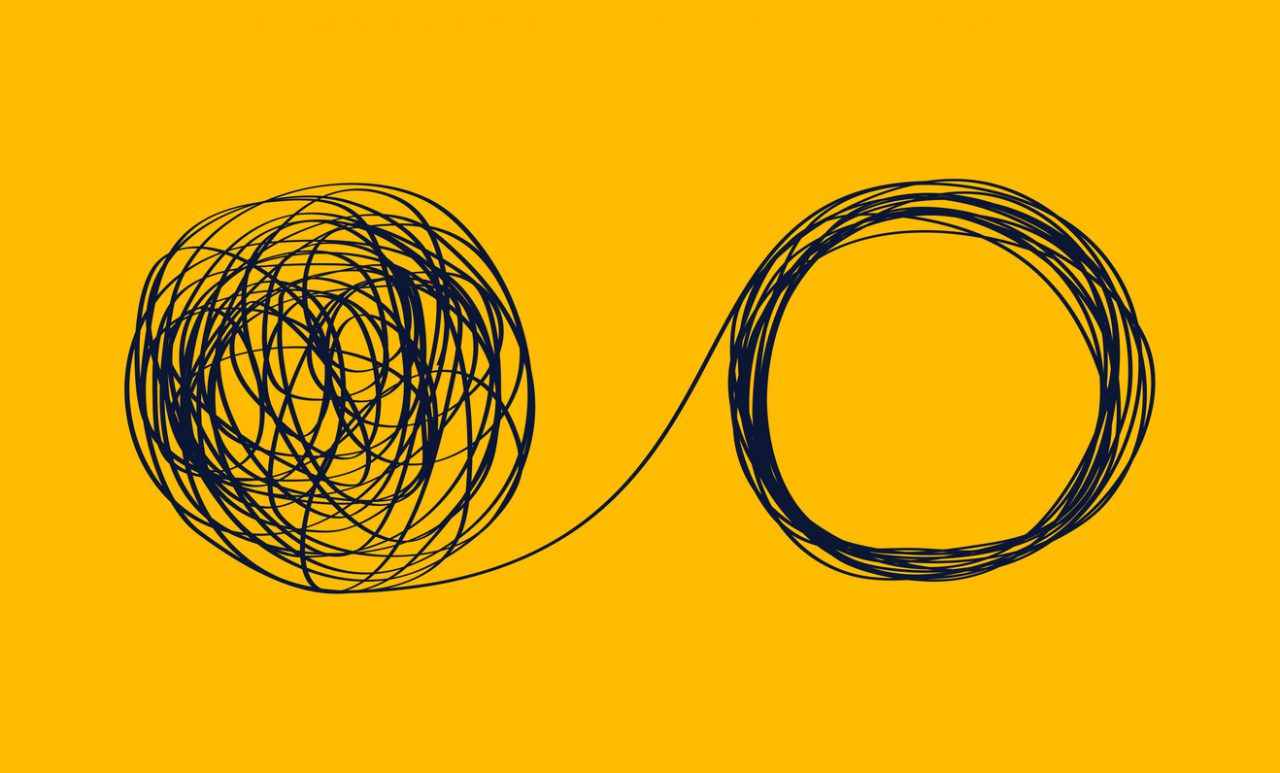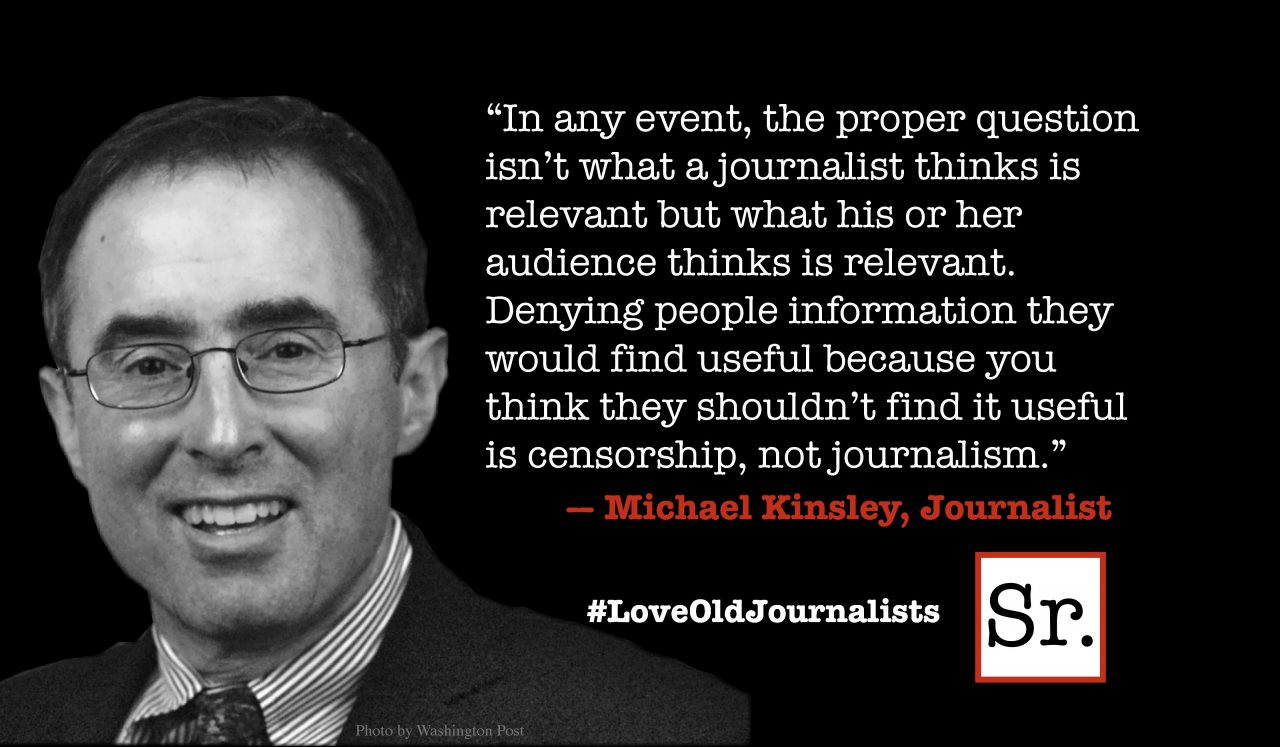“Change is the only constant.” This old adage is something I’ve heard and, I suspect believed, for many years. The minute you get comfortably settled into a secure routine, something comes along to upset it. More often than not, that something is unexpected — unexpected because it genuinely is, unexpected because you didn’t plan for it, unexpected because you put the blinders on, keeping it out of consciousness, secretly hoping the inevitable would not happen.
At the same time, one could argue with the preacher from Ecclesiastes:
What has been is what will be,
and what has been done is what will be done,
and there is nothing new under the sun. (4:9)
This ancient wisdom could be applied to the current troubles in our own land. Once again, angry, hurting people, completely frustrated with the failure of change, have taken to the streets. The ancient cry arises,
How long, O Lord? Will you forget me forever?
How long will you hide your face from me?
How long must I bear pain in my soul,
and have sorrow in my heart all day long?
How long shall my enemy be exalted over me? (Psalm 13:1-2)
How long must we wait for anything to change?
The other day some of us were remembering Martin Luther King’s hopeful argument, “The arc of the moral universe is long, but it bends towards justice.” Perhaps King, drawing on the wisdom of the 19th century Unitarian minister and transcendentalist Theodore Parker, was right to hold such hope for change. It grows directly from King’s deep-seated Christian faith. But “How long, O God”? How long before anything changes. I know I have quoted it many times, hoping that, in the repetition, it might become reality, hoping humanity might actually turn toward justice in my lifetime.
However, the longer I live the less I believe that there really is an arc to the moral universe — something like the “Gateway Arch” in St. Louis that, in steely defiance, lifts from one set point, soars into the heavens, and lands precisely at another point on the other side. Is there really any such transformative soaring toward heaven that ultimately changes everything?
The longer I observe how everything recycles, I am inclined to think more of a wave action than an arc. One step forward and two backward, or vice versa, hills and valleys, back and forth. There is nothing new under the sun, nothing that we haven’t seen, known, experienced before. History repeats itself. In the immortal words of Pete Seeger, “When will they ever learn?” When will we ever learn?
It may be that all I know about change is this: though it may seem inevitable, it is also uncertain. So much is outside my control. Change does come as a surprise when I think I’ve got things figured out. At the same time, it comes — in familiar cycles. The longer I live the more likely I am to say, “Oh, that again.”
Still, I want to believe that you and I have some agency in affecting change. Today the words of Theodore Parker himself speak to me more clearly than King’s interpretation:
“I do not pretend to understand the moral universe. The arc is a long one. My eye reaches but little ways. I cannot calculate the curve and complete the figure by experience of sight. I can divine it by conscience. And from what I see I am sure it bends toward justice.”
The moral arc or wave pattern or what ever you want to call it is long! I see only dimly and sometimes not at all. Yet I want to believe that it still might move toward justice and well-being if we could just get it together. What a change that would be!









